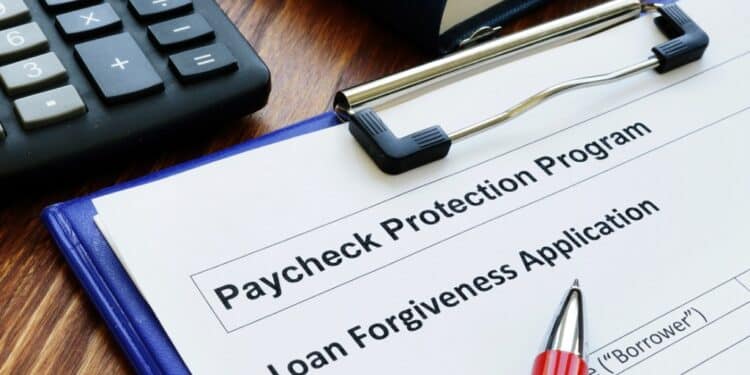On January 17, the U.S. Attorney for the Western District of Michigan announced that Horn USA, Inc., a precision tool manufacturing company, agreed to pay $4 million to resolve allegations that it violated the False Claims Act by falsely obtaining a second-draw Paycheck Protection Program (PPP) loan for which it was ineligible. The settlement resolves allegations brought forward by a whistleblower in a qui tam lawsuit.
In 2021, second-draw PPP loans were established, allowing eligible businesses that had previously received a PPP loan to apply for a second loan. In order to be eligible for a second-draw PPP loan, a company and its affiliates must have had no more than 300 employees collectively.
According to the government, “in January of 2021, Horn USA, Inc. applied for and received a $2,000,000 second-draw PPP loan, which SBA subsequently forgave” however “Horn USA, Inc. was ineligible for this loan because the company and its affiliates had over 300 employees and thus exceeded the size standard.”
“The Paycheck Protection Program provided important relief that was limited to entities that met the eligibility criteria,” said U.S. Attorney Mark Totten. “My office remains committed to working with the Small Business Administration to investigate fraud on its programs and protect taxpayer dollars.”
On January 17, the DOJ announced an $18 million False Claims Act settlement resolving allegations that a skilled nursing facilities chain also improperly certified its number of employees in applying for a PPP loan.
The False Claims Act’s qui tam provisions enable private citizens and private parties to file lawsuits on behalf of the government if they know of an individual or company defrauding the government. Qui tam whistleblowers are eligible to receive between 15 and 30% of the government’s recovery.
During FY 2024, settlements and judgments under the False Claims Act exceeded $2.9 billion and over $2.4 billion of the recoveries stemmed from qui tam whistleblower lawsuits. Furthermore, according to the government, a record 979 qui tam lawsuits were filed in FY 2024.
However, in September 2024, a district judge in Florida ruled that the False Claims Act’s qui tam provisions were unconstitutional. The U.S. federal government is urging the U.S. Court of Appeals for the Eleventh Circuit to reverse that decision, stating in a brief that “other than the district court here, every court to have addressed the constitutionality of the False Claims Act’s qui tam provisions has upheld them.”
Whistleblower advocates have warned of dire consequences should the district court ruling stand and have also outlined why it is inconsistent with prior case precedent and misinterprets the qui tam provisions.
The claims asserted in this case are allegations only, and there has been no determination of liability.


